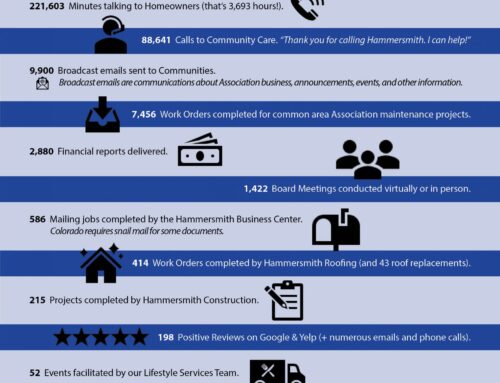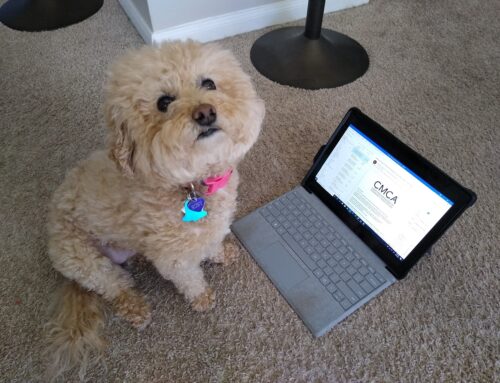As a resident in a Community Association, you’ve probably heard the words “homeowners,” “residents,” “renters,” “board of directors” and “management company” before. But are you clear on who these groups are and what their roles and responsibilities are within your Community? Read on for a complete breakdown!
Homeowners and Renters
Homeowners, just as the word implies, are the individuals within the Association who actually own property, whether they actually live in the community or off-site. Only Homeowners are considered “members” of the Association; renters are not. However, both Homeowners and renters must abide by the rules and regulations of the Association.
Homeowners are responsible for paying all assessments fully and in a timely manner, ensuring their property meets the Community’s architectural design standards, attending Association meetings and reading meeting minutes, electing Board members, and maybe even running for a spot on the Board of Directors themselves.
Because renters are not considered “members” of the Association, they cannot attend meetings or vote on Association matters (unless designated as a proxy by their landlord, which is a whole separate topic).
Board of Directors
The Board of Directors is the panel of governance comprised of and elected by Homeowners. (Though when an Association is first formed, the Board is selected by the Community’s Developer and then gradually transitioned over to full Homeowner control.) The Board is responsible for hiring a management company, producing and ratifying the Community’s annual budget, if they’ve hired one), enforcing the Community’s rules, signing vendor contracts, and much more.
It’s important to keep in mind that the Board members within your Community are very likely other Homeowners, meaning they’re your friends and neighbors. Board members are just as concerned with their property values and issues affecting the Community as other Homeowners, because their decisions impact themselves the same way they impact other Homeowners. It’s very easy to become frustrated with an assessment increase or special assessment as a Homeowner, but Board members must also pay these as well.
Management Company
The management company assigns an Association Business Manager (or Community Manager as they are commonly called) to your Community to handle the day to day operations of the Association. This means that the Manager and management company typically handle all communication with homeowners, collects assessment payments, manages vendor relationships, creates financial reports, and completes many other tasks on behalf of the board.
Some Communities may be assigned a full-time, on-site manager, while others are assigned what is called a “portfolio manager,” meaning they manage more than one Community. The relationship between a board and an on-site manager will be different than that of a board and a portfolio manager, in that on-site managers are able to dedicate 100 percent of their time and focus to issues surrounding their sole community.
It’s important to remember that management companies are hired by the board of directors and only operate on behalf of the board. Management companies do not create the rules of the community—they only enforce them and communicate to homeowners when they’ve been broken. Annual assessment rates (and whether they go up or not) are entirely at the board’s discretion, and management companies can only advise the board in this process.






